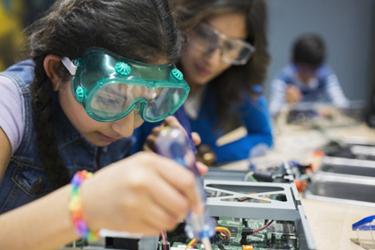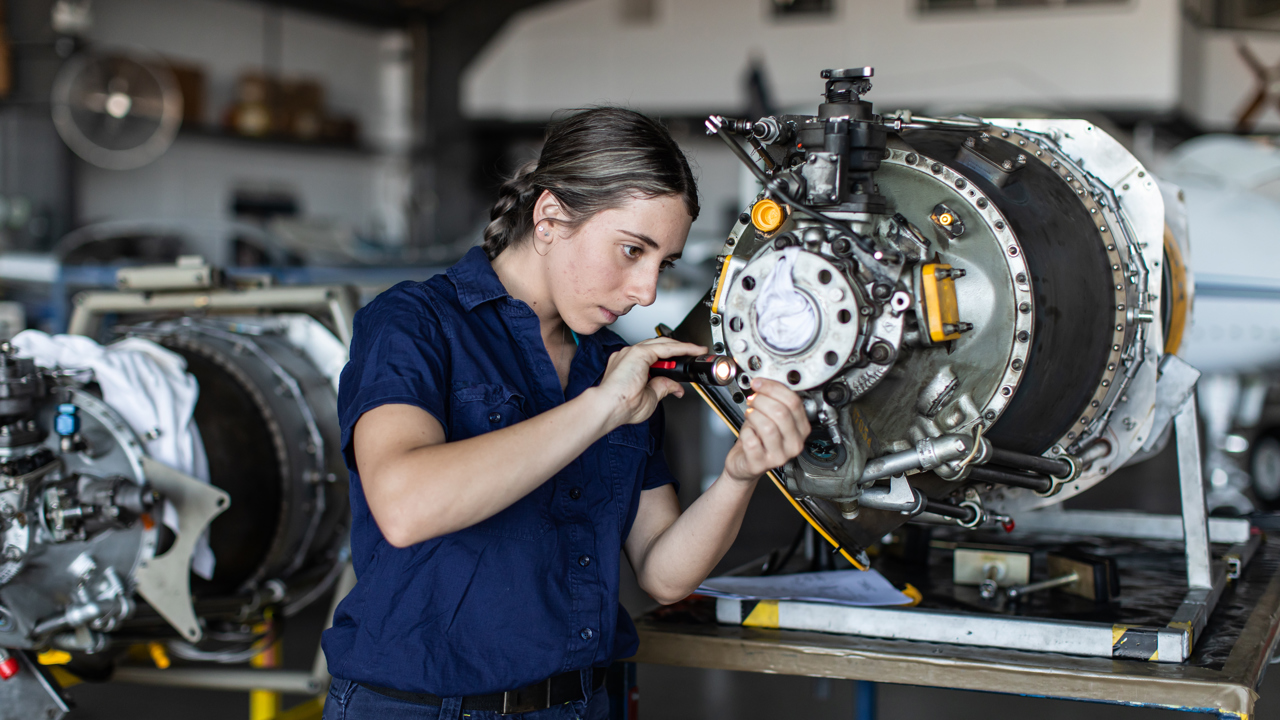We need to start engineering early to meet skills demands
The Engineering in Primary School Stakeholder Group discuss why engineering education is essential for primary schools.

Engineering education, although not yet a subject in its own right in the primary curriculum, is vital if we are to meet our 2050 net zero target and meet the skills and workforce shortages.
The Engineering in Primary School (EiPS) sector stakeholder group - convened by Engineering UK - was formed in March 2023 – bringing together representatives from organisations that deliver engineering engagement for the primary sector as well as organisations that support teachers and develop research in this area.
As such, it fills the current gap for a forum of this kind, acting as a leadership group for the sector.
EiPS firmly believe engineering education is a necessary entitlement for all primary learners in our schools. Engineering education in primary schools is a dynamic field that intertwines hands-on learning, problem solving, and critical thinking skills.
The aim of the EiPS group is:
- To ensure engineering engagement for the primary sector provides a coherent, evidence-based approach which will enable primary teachers to confidently deliver activities
- Use classroom resources which will inspire the young people they work with to increase their familiarity and engagement with engineering and technology
This will seek to ensure we collectively work towards young people understanding the breadth of opportunities engineering has to offer, and that they see a career in engineering and tech as something that is accessible to them when they enter the secondary phase of education.
Whilst not yet part of the primary curriculum, there are shifts in curriculum design moving towards integration of engineering objectives, e.g. within the Welsh and Scottish policies.
Euan Mitchell from Scottish Schools Science Equipment Research Centre (SSERC)highlights the importance of engaging activities, cross-curricular integration, and exposure to diverse role models and careers. Scott Atkinson of the Royal Academy of Engineering emphasizes project-based learning and the need for regular training for educators.
Beccy Sanderson, also from the Royal Academy of Engineering, advocates for practical activities that develop both technical and transferable skills, promoting engineering through play and real-life examples. While Lynne Bianchi of SEERIH, University of Manchester, believes in providing progressive experiences that enhance pupils' engineering mindset, supported by confident teachers and a curriculum that connects with the real world.
David Lakin from the Institution for Engineering & Technology focuses on breaking down stereotypes and educating about the diverse roles of engineers. Alison Eley of the Primary Science Teaching Trust, and Alison Rouse from MEI, both stress the importance of creativity, problem-solving, and real-life applications of STEM tasks. Mark Wood of Siemens and Sarah Dagnell of STEM Learning highlight the role of play and thematic learning in inspiring pupils and making connections between subjects.
To summarise the groups feedback:
- Engineering education in primary schools is a vibrant and essential component of modern education
- IT equips young minds with the skills and knowledge to navigate and shape the future
- Through a blend of hands-on projects, interdisciplinary learning, and exposure to real-world challenges, pupils develop a robust set of skills that transcend the classroom
- They learn to think like engineers—innovative, resilient, and collaborative—ready to tackle the problems of tomorrow
- They learn to think like engineers—innovative, resilient, and collaborative—ready to tackle the problems of tomorrow
- This educational approach not only prepares students for a future in STEM fields but also fosters a culture of curiosity and lifelong learning
- As we nurture the next generation of problem solvers, it's clear that engineering education is not just about building bridges or programming robots; it's about building confidence, creativity, and a sense of purpose in young learners.
To leverage change, the EiPS group has developed a resource which primary governors can use to begin conversations about engineering education with their school leaders. You can download the resource below:
Resource: Questions for Governors
The Engineering in Primary School (EiPS) sector stakeholder group - convened by Engineering UK - was formed in March 2023 – bringing together representatives from organisations that deliver engineering engagement for the primary sector as well as organisations that support teachers and develop research in this area.




